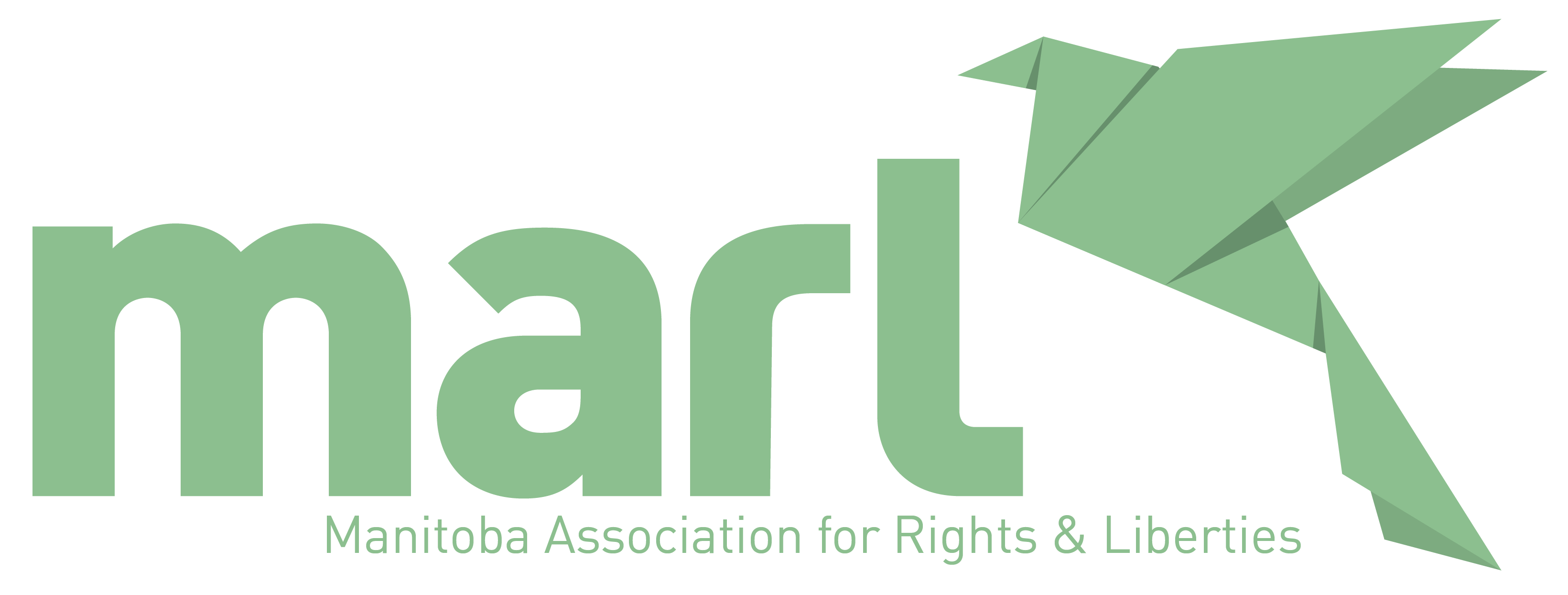December 9, 2020
Human Resources or Human Rights?
In response to the #MeToo and Black Lives Matter movements, many community groups, schools, and organizations have been reminded of their responsibility to uphold anti-discriminatory values. Private workplaces are not exempt from this. While some corporate cultures are recently becoming newly aware of how anti-racism, decolonization, and anti-sexism translate to the social microcosm of the workplace – many others have long pushed for corporate cultures that do not shy away from diversity and inclusion.
I believe, however, the time for ‘diversity’ and ‘inclusion’ has passed and good leaders must recognize the ways in which their workplace culture upholds systemic power structures and toxic relationships. In the case of sexual harassment, 81% of women experience verbal harassment, but only 29% report the experience to their supervisors. Harassment and abuse complaints in the workplace usually only scratch the surface of the real issue at hand. While many managers have hired diversity and sensitivity training in response, staff will often lament that such training sessions are only a front and staff are punished for speaking up and toxicity persists.
There is a belief amongst corporate management that harassment and discrimination are issues of human resources rather than human rights, but at MARL we take the approach that in order to spark substantive change, human resources must be necessarily bound to human rights. In order to enact this change, diversity training must include anti-racism and decolonization, good leaders need to fully and honestly reflect on the ways in which they benefit from histories of discrimination. Workplace HR policies must mirror human rights policies with special consideration of labour rights and employment equity. Management must remove barriers to reporting harassment and abuse, hold abusers accountable, and follow through on remedies for victims.
MARL is committed to a rights-based approach to eliminating discrimination in schools, the community, as well as workplaces. We offer anti-discrimination workshops that dig deeper than face-value assertions of diversity and inclusion and focus instead on systemic justice for equity-seeking groups. When it comes to corporate culture, leaders must know how to differentiate diversity from anti-racism, inclusion from decolonization, and human resources from human rights.
Michelle Falk
Executive Director
you may also like…
April 18, 2024
From citizens to digital citizens
Social media provide an opportunity to communicate in multiple ways, just as never before in history. Nonetheless, there are dangers and risks as well. We should be aware of them to protect ourselves …
April 18, 2024
Des citoyens aux citoyens numériques
Les réseaux sociaux offrent la possibilité de communiquer de manières très diverses, comme jamais auparavant dans l’histoire. Néanmoins, ils comportent aussi des dangers et des risques. Il faut en être conscients pour nos …





